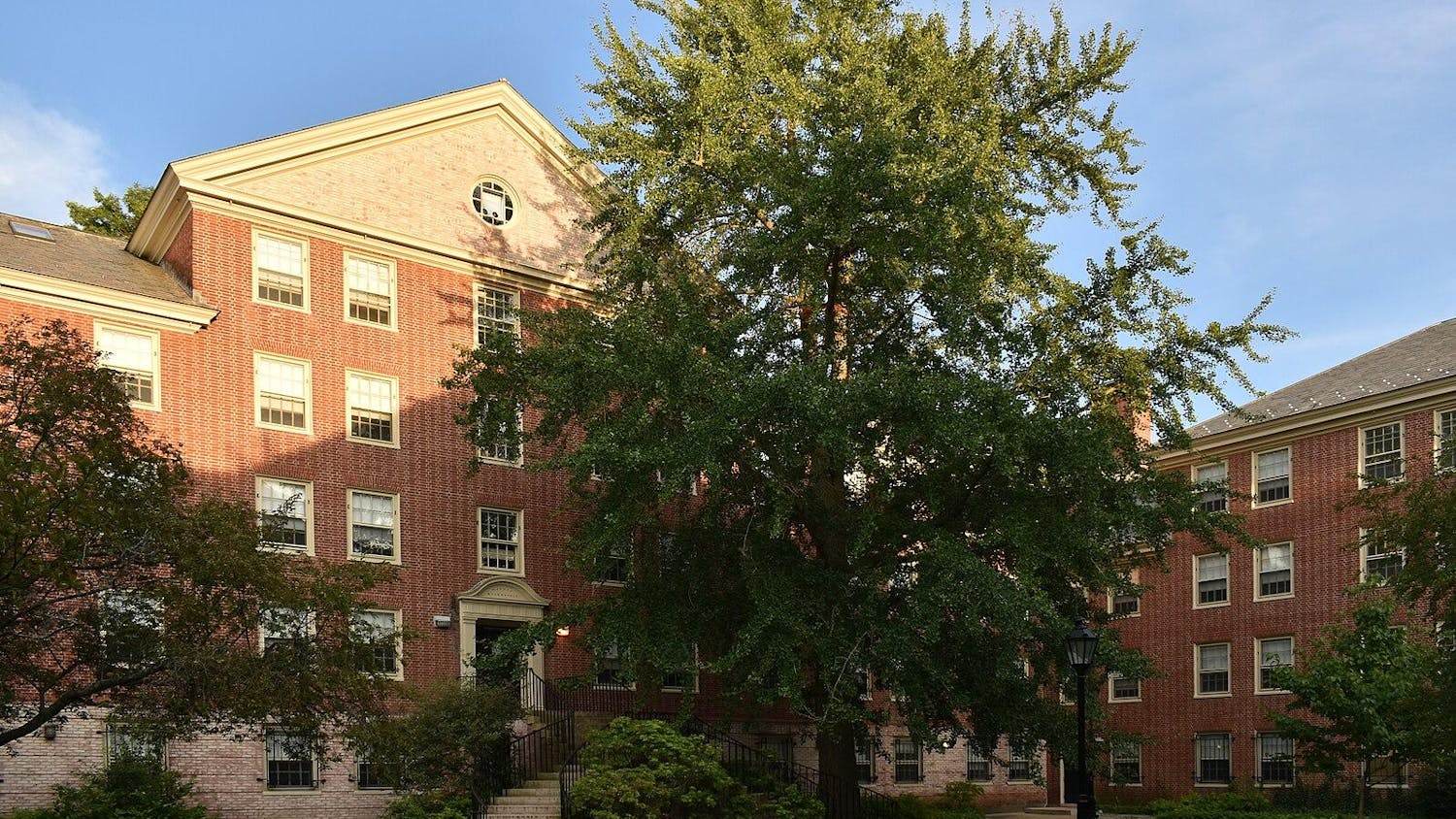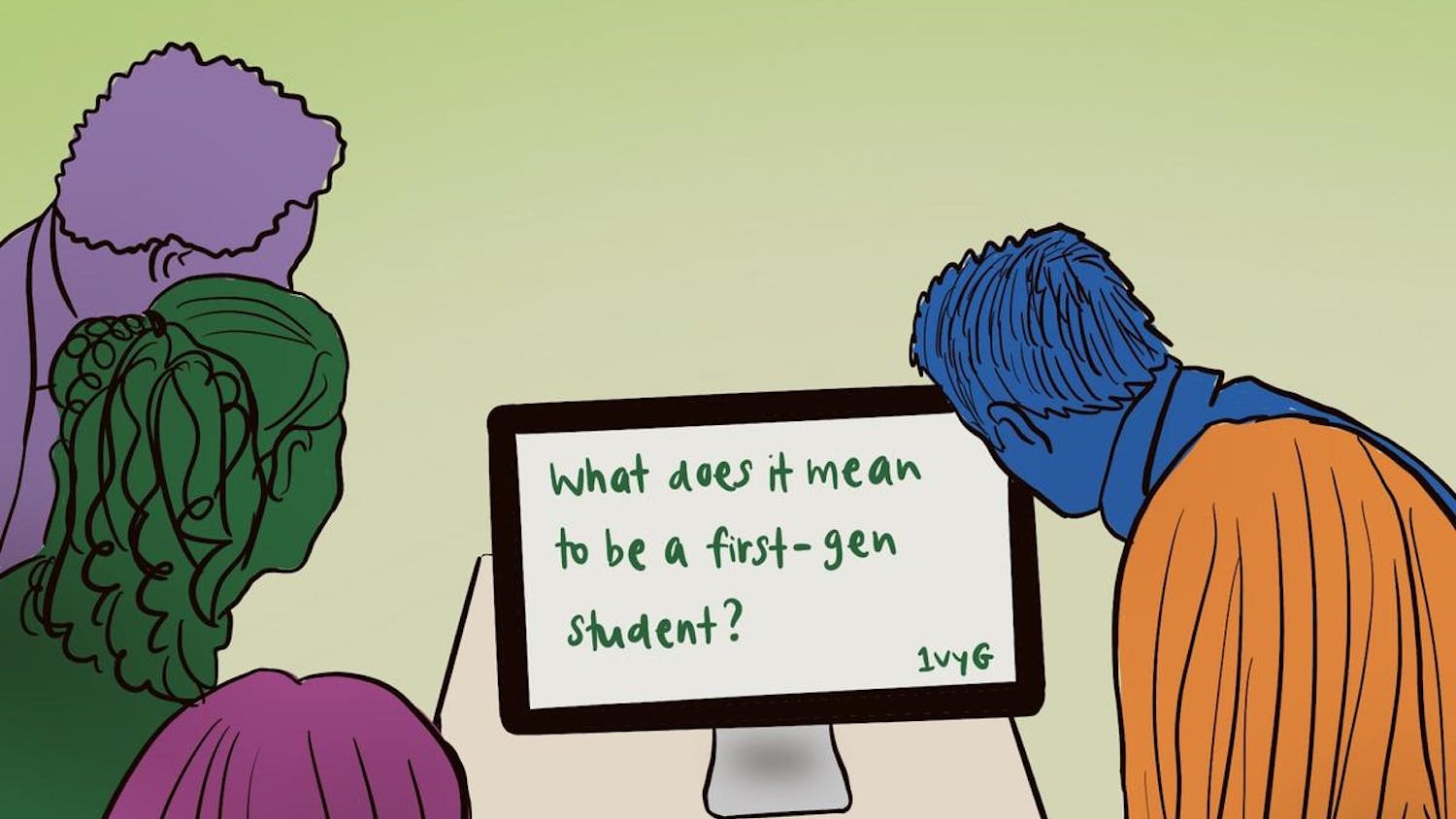A student committee will contribute to the Corporation’s Young Alumni Trustee selection process for the first time since the position was created in 2008.
The group of students will critique and augment a list of candidates already considered by the Corporation, said Alex Drechsler ’15, who has served on the Undergraduate Council of Students and the Undergraduate Finance Board in previous years.
The Graduate Student Council and the Alpert Medical School Student Council will each nominate one student from their respective schools to join three undergraduates on the committee, which is scheduled to convene after spring break and deliver its recommendations by the Corporation’s May meeting.
UCS interviewed undergraduate applicants Sunday following an “extensive” application, said UCS President Maahika Srinivasan ’15. “One of the most determining factors for this particular selection committee is a good understanding of what the Corporation actually does and what role a Young Alumni Trustee would serve on the Corporation, and that takes a little bit of nuance.”
“The misperception seems to be that the Corporation is the end all — they make all of the decisions and (they are) implemented by the administration — but that’s not true at all,” Srinivasan said. “The administration creates the policy and the Corporation is a little bit of a sounding board.”
President Christina Paxson P’19 confirmed the inclusion of one young alum on the Corporation March 6 and said that the position would reflect student input, Drechsler said. He and Srinivasan presented proposals for increasing student engagement with the Corporation at its February meeting, when Paxson approved a proposed student input process to test run this year.
“We are thinking of (this committee) as transitional, and we’re very open to thinking of other ways, and maybe more involved ways, for students to engage in the selection of the Young Alumni Trustee,” Paxson said.
Paxson and Executive Vice President for Planning and Policy Russell Carey ’91 MA’06, in conjunction with the Governance and Nominations Committee, will review the student committee’s role after Commencement, Srinivasan said. Srinivasan will debrief with the student committee’s undergraduates at the end of the process to determine next steps towards permanence and “making sure that they felt valued in the process,” she added.
In response to student perception that the process of nominating Corporation members is secretive, Carey said that it is an internal process common to many governing boards. With the student committee, “the idea is to bring more (student) input into the process,” he said, calling it “a step in a direction that is engaging and inclusive.”
Young alums are selected like any other trustee, Carey said. “It is a full Corporation decision, but they rely heavily on the Trustee Vacancies Committee,” which develops candidate pools, he added.
Selection does not rely on applications or open nominations, Carey said.
“The whole idea to have a young alumni position in the first place is to have a perspective that’s more closely grounded in the student experience,” he said.
“The Young Alumni Trustee is just like any other trustee. … The only difference is that the Young Alumni Trustee typically picks up the role of being an interface with students,” Paxson said.
A UCS proposal prompted the creation of the position following a 2008-09 public paper reviewing the Corporation, Carey said. In 2008, both the chancellor and members of UCS were concerned about “the diversity of the Corporation in regards to proximity to the student experience — so, in other words, younger alumni serving on the Corporation.”
The Young Alumni Trustee will serve a three-year term any time from July 1 to seven years following graduation from the College, graduate or medical schools. Current Young Alumni Trustee Alison Cohen ’09 will conclude her term at the end of the semester. The position is “fairly open-ended and flexible,” Carey said. “There have been times when there have been two at the same time. … It’s not fixed.”
“In the original structure of the Corporation … back to 1764, the terms were for life,” Carey said.“This really didn’t change until the early 1980s.”
“This is not an issue that’s going to end if we codify the process or if (Srinivasan) and I graduate,” Dreschler said. While “UCS has proven that they’re really committed to this … having an outsider’s perspective is also important,” he added. He and Srinivasan are currently looking for a student “who’s going to help champion this cause” after they graduate, he said.
-With additional reporting by Baylor Knobloch




